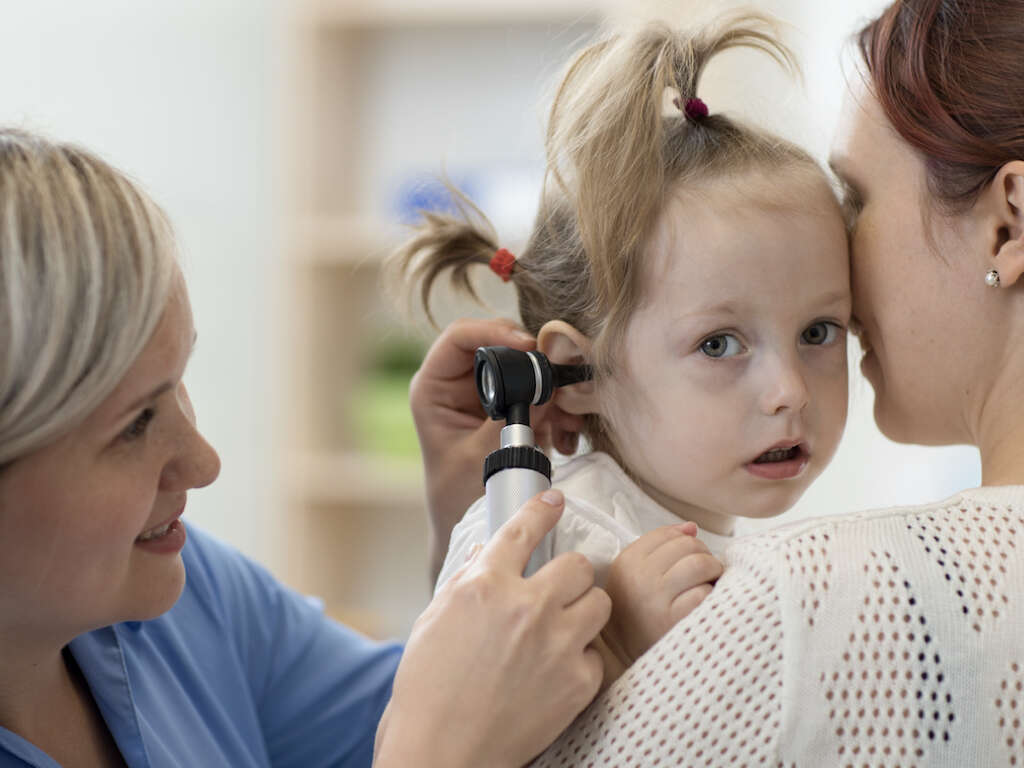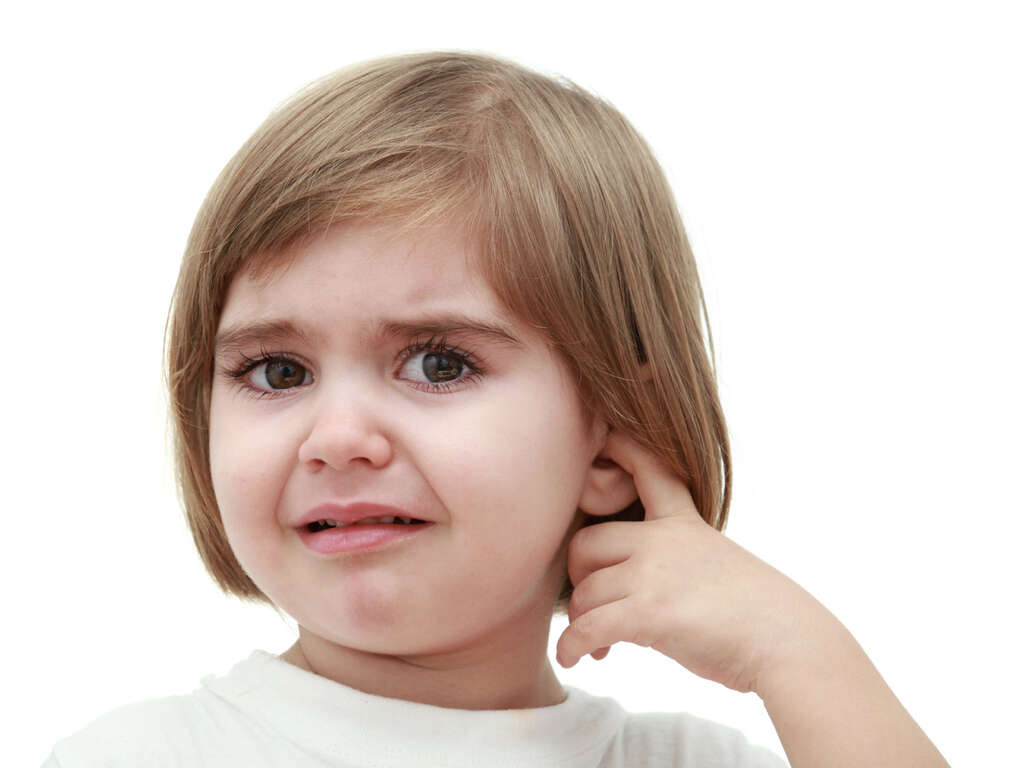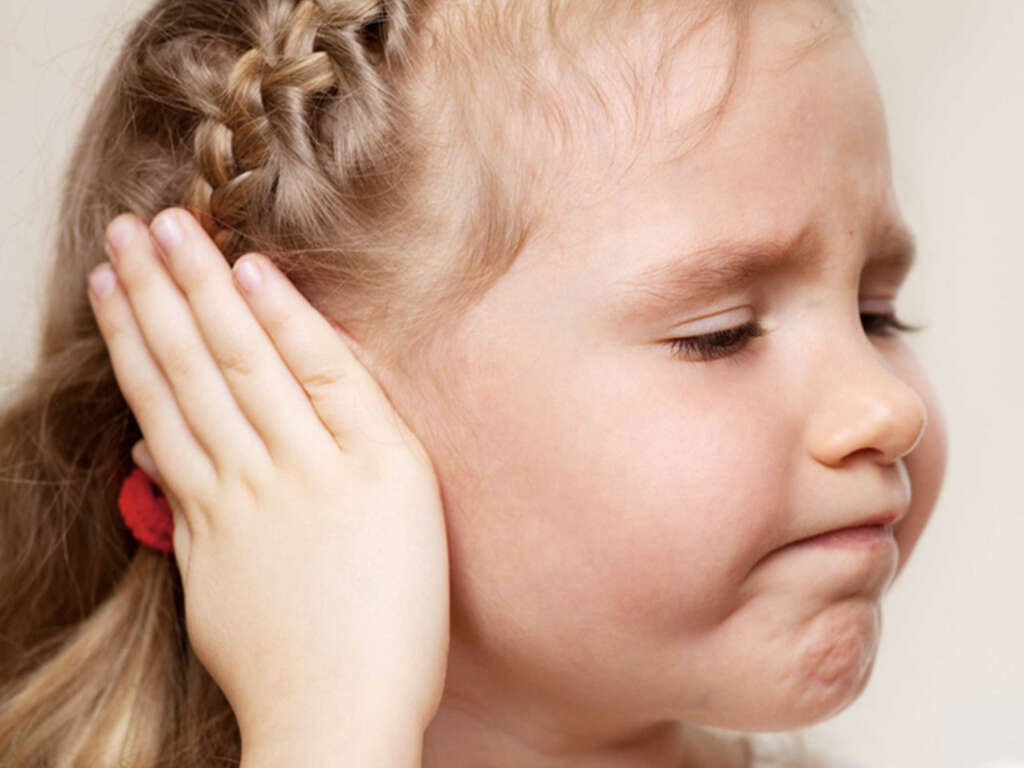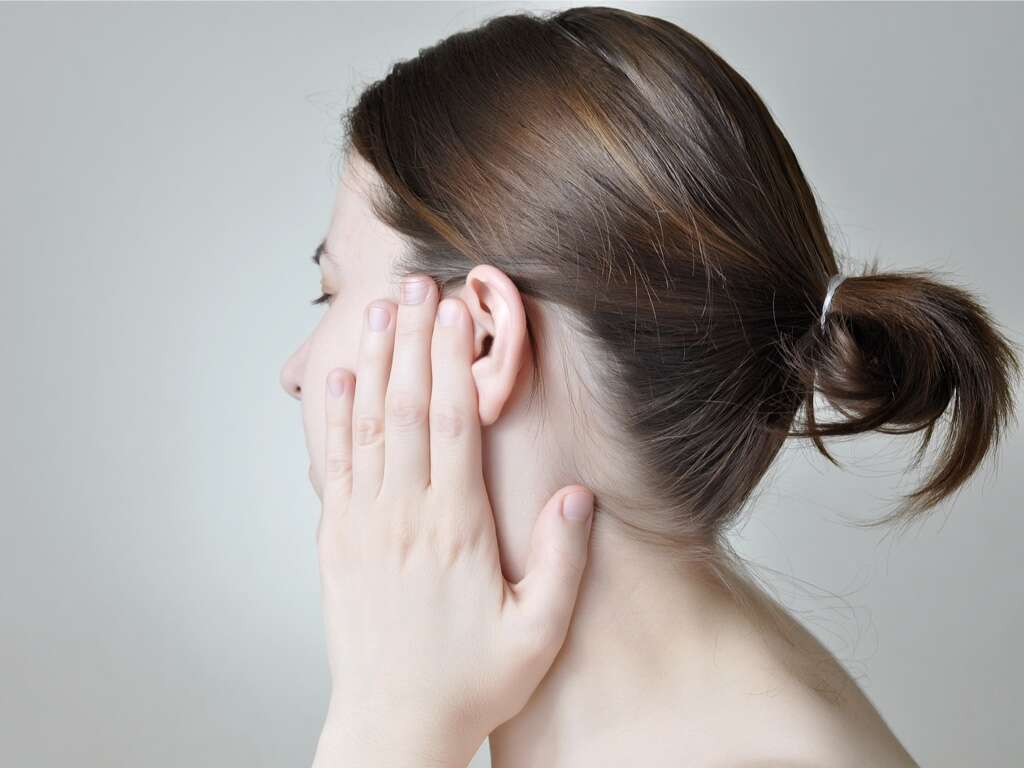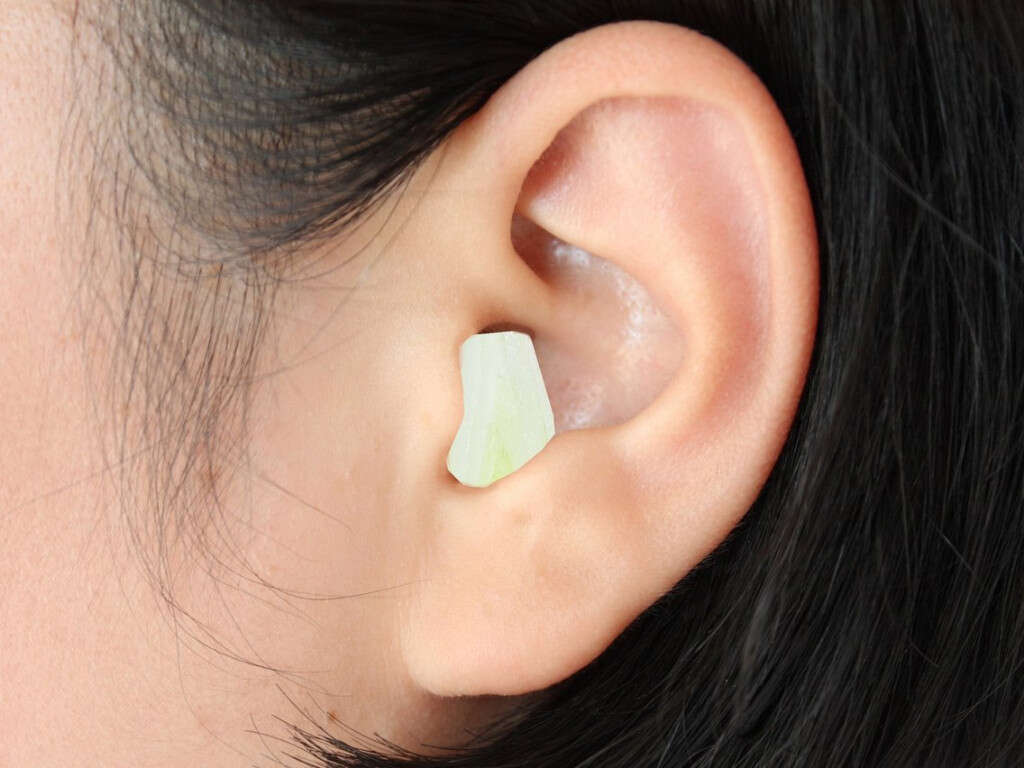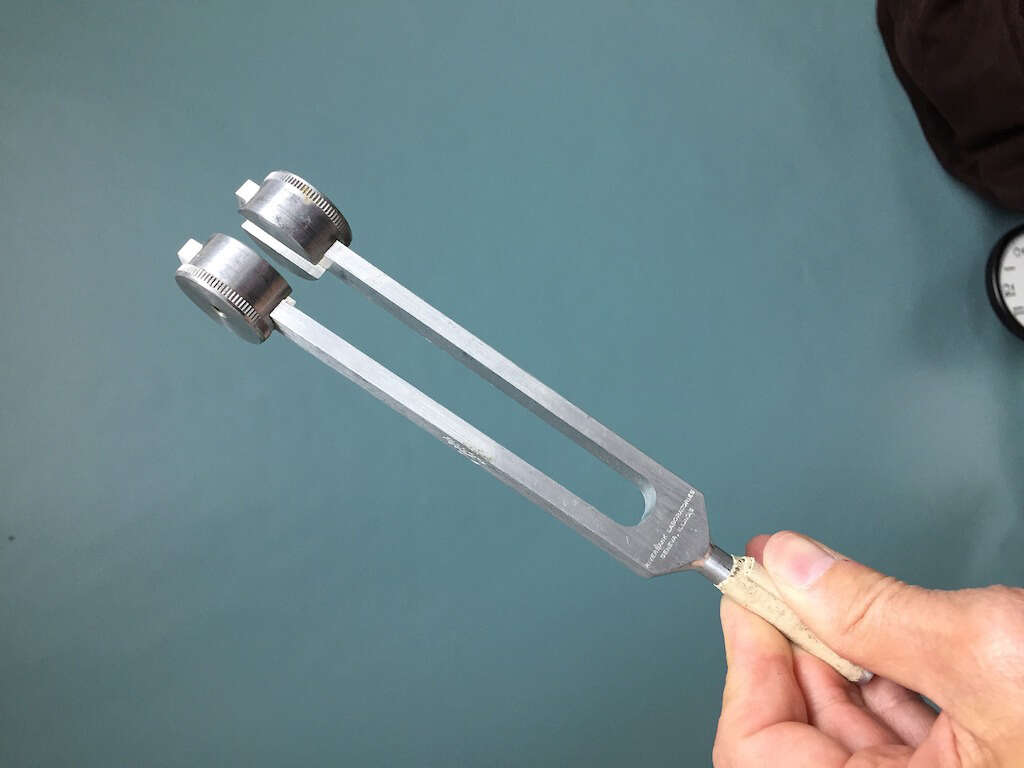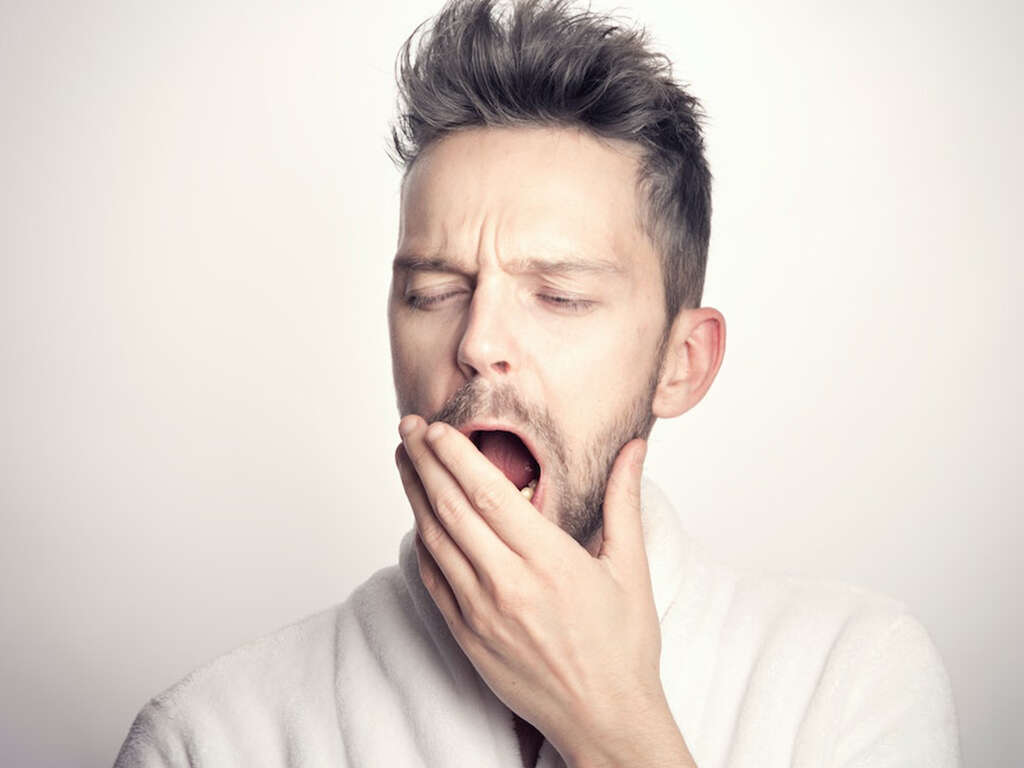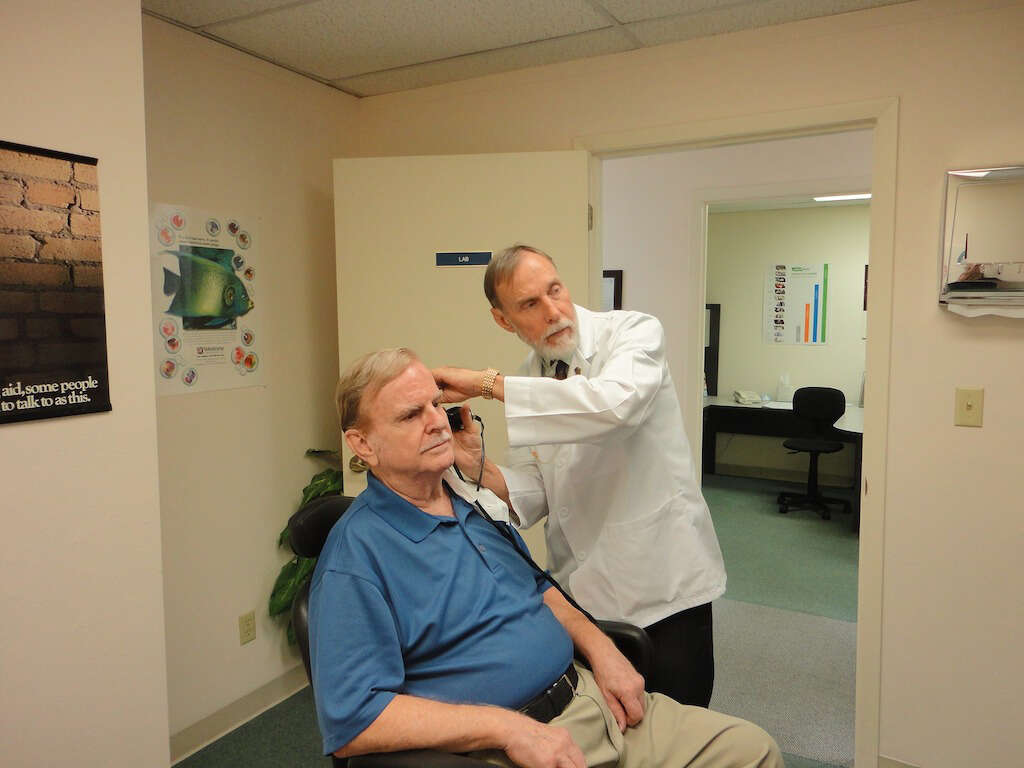10 Causes of Ringing In Ears
Tinnitus, or ringing in the ears, is the perception of sound when there is no external sound present. It is not a condition by itself but instead a symptom of an underlying cause. Many patients describe the sound as a high-pitched ringing, but it may also be a clicking, buzzing, whooshing, roaring, or hissing. The sound can vary in volume and can be either unilateral or bilateral. In most patients, tinnitus occurs gradually. It can significantly impact the quality of life, causing depression, anxiety, and loss of concentration.
The diagnosis of tinnitus is based on the patient’s history. Questionnaires also help assess how much the tinnitus is impacting the patient’s quality of life. The diagnosis can be supported with a neurological examination, an audiogram, and medical imaging if necessary. In rare cases, the clinician can hear the ringing sound using a stethoscope. (This is known as objective tinnitus.) Prevention of tinnitus involves avoiding loud noises and seeking appropriate treatment to prevent the condition from worsening.
Treatment and management of tinnitus include talk therapy, the use of sound generators, hearing aids, tinnitus counseling, cognitive behavioral therapy, and tinnitus retraining therapy. As of 2013, there is no known effective medication. Most patients are able to tolerate the ringing well, but approximately 1 to 2 percent of patients are significantly impaired by it.
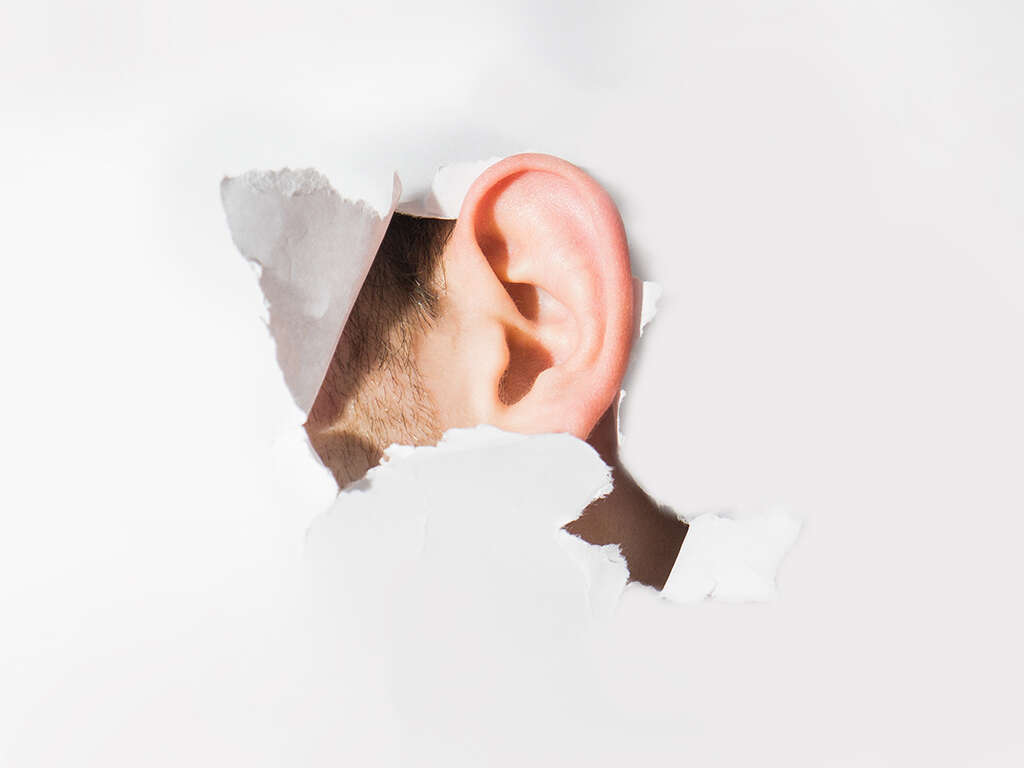
Cause #1: Rheumatoid Arthritis
Rheumatoid arthritis is a condition that affects the entire body, resulting in complications such as heart disease, osteoporosis, gum disease, kidney problems, and hearing loss. With autoimmune diseases such as rheumatoid arthritis, autoimmune inner ear disease (AIED) may develop, worsening hearing loss.
Other associated symptoms of AIED include dizziness and ringing in the ears. Patients with these issues should discuss their options (such as using a hearing aid, reducing loud noise, and wearing ear protection) with a doctor.

Cause #2: Hearing Loss
There are many different forms of hearing loss. Some cases of hearing loss affect only some frequencies.
In tinnitus, absent or reduced activity in the nerves connecting the damaged part of the inner ear to the brain results in increased nerve activity. It is the body’s way of compensating for the damaged nerves, and it causes them to be hyperactive.

Cause #3: Side Effect of Medications
There are several types of medications that can cause or worsen tinnitus. Usually, higher doses of medications aggravate the condition. In most cases, the ringing in the ears stops or improves when patients stop taking the medications affecting the tinnitus.
Some medications associated with tinnitus include cancer medications, such as mechlorethamine and vincristine; antibiotics, such as polymyxin B, erythromycin, neomycin, and vancomycin; diuretics, such as ethacrynic acid, furosemide, and bumetanide; certain antidepressants; aspirin; and quinine medications.

Cause #4: Head or Neck Injuries
Head and neck injuries have been known to cause tinnitus. Studies show that approximately 12 percent of patients suffering from chronic tinnitus experienced ringing in the ears after a head or neck injury. In this group, approximately 33 percent experienced whiplash.
Besides tinnitus, other related symptoms include difficulty sleeping, inability to focus, memory issues, and difficulty relaxing. Patients with tinnitus after head or neck injuries tend to seek medical treatment sooner than other tinnitus patients (probably due to the severity of the tinnitus).

Cause #5: Noise
Noise-induced hearing loss occurs when daily sounds from the environment, such as television, traffic, and appliances, damage the sensitive structures in the inner ear. It can be either immediate or gradual, temporary or permanent.
Noise-induced hearing loss can also cause tinnitus, which can occur in one or both ears. Prevention includes wearing protective earplugs, avoiding loud noises, and having your hearing tested if you suspect hearing loss. Severe cases may require a hearing implant.

Cause #6: Otosclerosis
Otosclerosis is an abnormal growth of bone surrounding the stapes bone in the middle ear. This prevents the stapes bone from moving freely, which is required to hear well. Otosclerosis can cause gradual hearing loss, dizziness, balance issues, and tinnitus.
Diagnosis of otosclerosis is achieved using a hearing test. Treatment involves ongoing observation or hearing aids. The progression of the disease can be controlled with sodium fluoride. A stapedectomy may also improve or restore hearing.
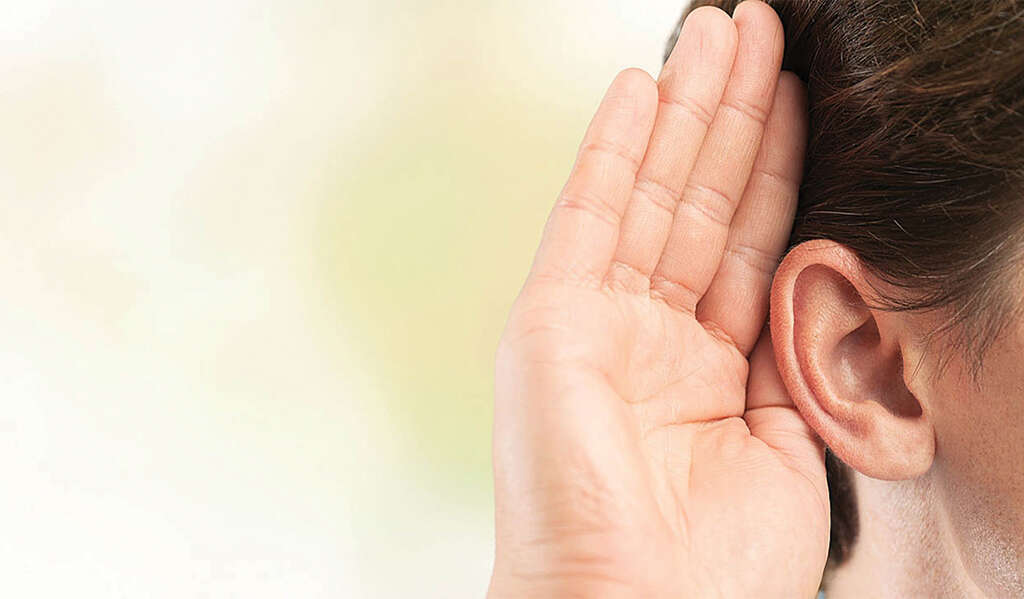
Cause #7: Tumors
Some tumors, such as an acoustic neuroma, can cause tinnitus. An acoustic neuroma (also known as a vestibular schwannoma) is a benign tumor that develops on the cranial nerve, which controls balance and hearing. It only causes tinnitus in the affected ear.
Other symptoms include dizziness, hearing loss, facial numbness, and unsteadiness. Treatment of an acoustic neuroma involves regular observation, radiation therapy, and surgical removal.
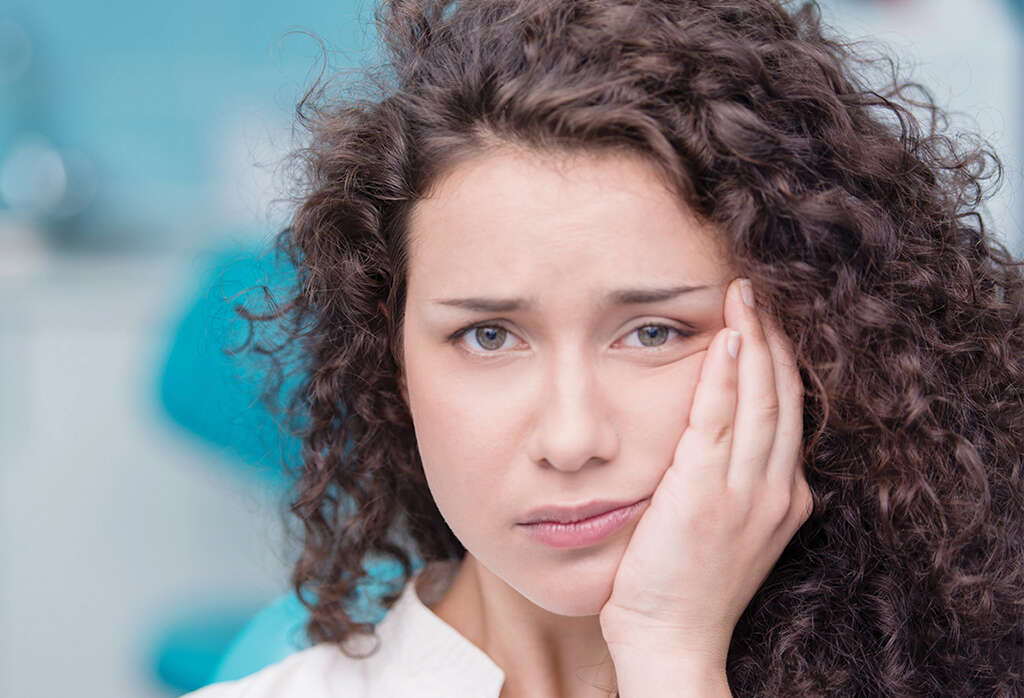
Cause #8: Smoking
Cigarettes contain many chemicals, such as formaldehyde, arsenic, vinyl chloride, hydrogen cyanide, ammonia, and nicotine. Some of these substances are ototoxic, so they can impair hearing and result in unsteadiness, dizziness, and tinnitus. The chemicals in cigarettes can constrict the blood vessels and thus reduce blood flow to all parts of the body, including the inner ear.
This causes the asphyxiation of the tiny hair cells that help people hear. Nicotine also affects the neurotransmitters in the auditory nerve and releases free radicals that further damage the hair cells in the inner ear.

Cause #9: Temporomandibular Joint Syndrome
The temporomandibular joint (TMJ) allows side-to-side and front-to-back movements during chewing. TMJ syndrome is pain in the jaw joint. Some symptoms associated with TMJ syndrome include pain in the face and jaw, headache, neck pain, earache, limited jaw movement, difficulty opening the mouth, and tinnitus.
TMJ syndrome and tinnitus are closely related. In fact, those with TMJ syndrome are more likely to develop tinnitus. Some other TMJ issues include dislocation and arthritis. Patients with TMJ syndrome also tend to grind their teeth (bruxism) when they sleep at night.
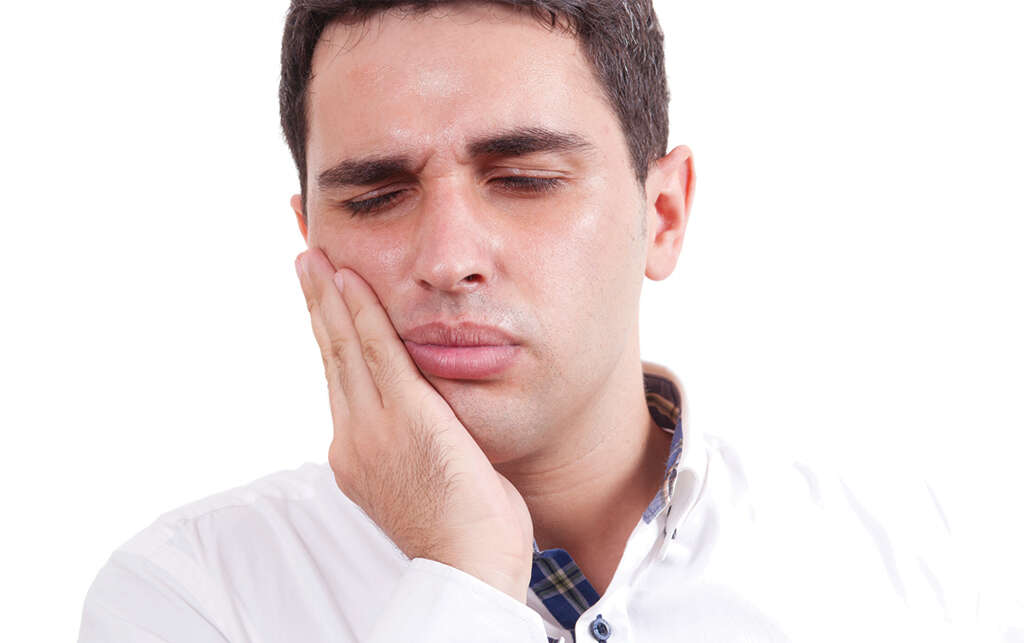
Cause #10: Meniere’s Disease
Meniere’s disease is a progressive condition that can result in permanent hearing loss. It can affect individuals of any age but most commonly occurs in adults in their forties and fifties. Meniere’s disease can cause dizziness, muffled hearing, tinnitus, depression, and anxiety.
Some treatments of Meniere’s disease include decreasing salt intake, avoiding caffeine, avoiding monosodium glutamate (MSG), consuming small and regular meals, not smoking, and managing stress. In most cases, Meniere’s disease affects only one ear.




